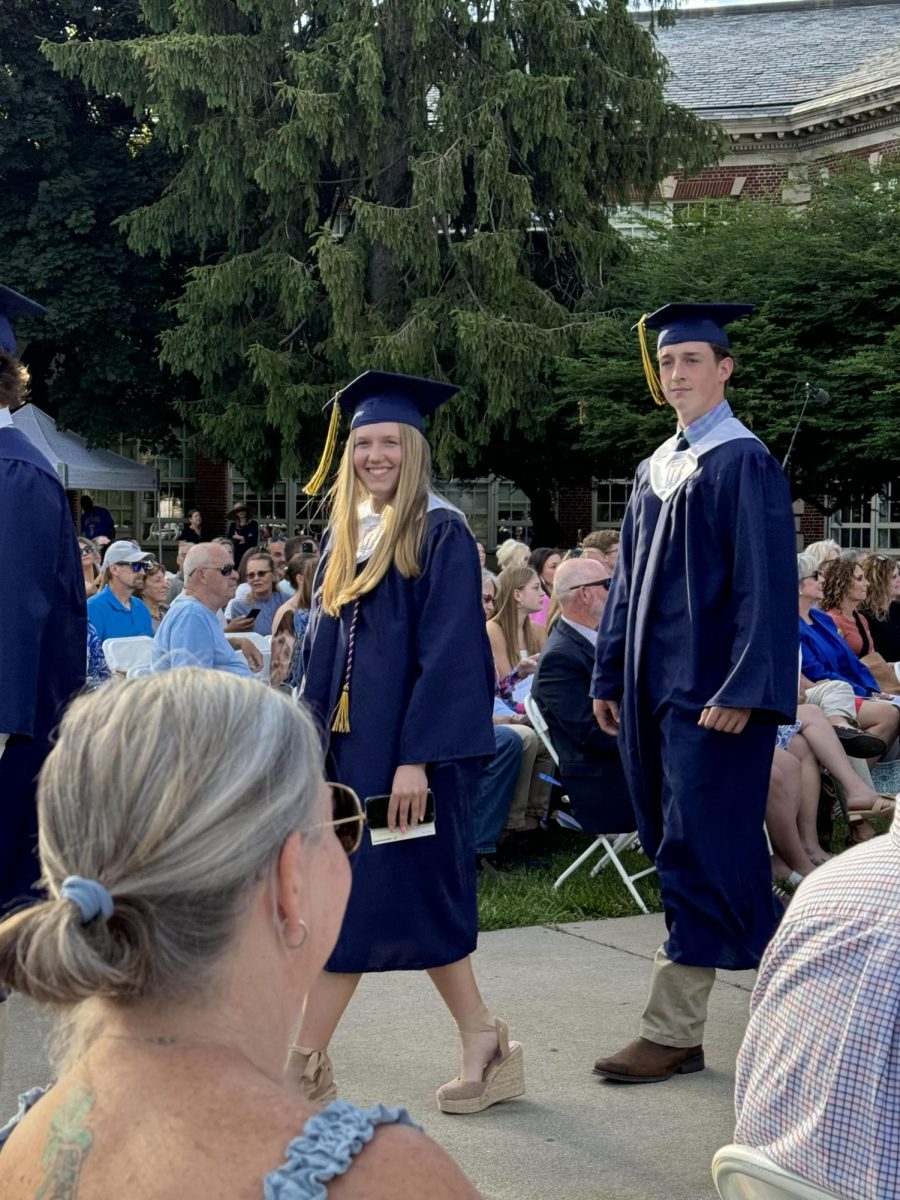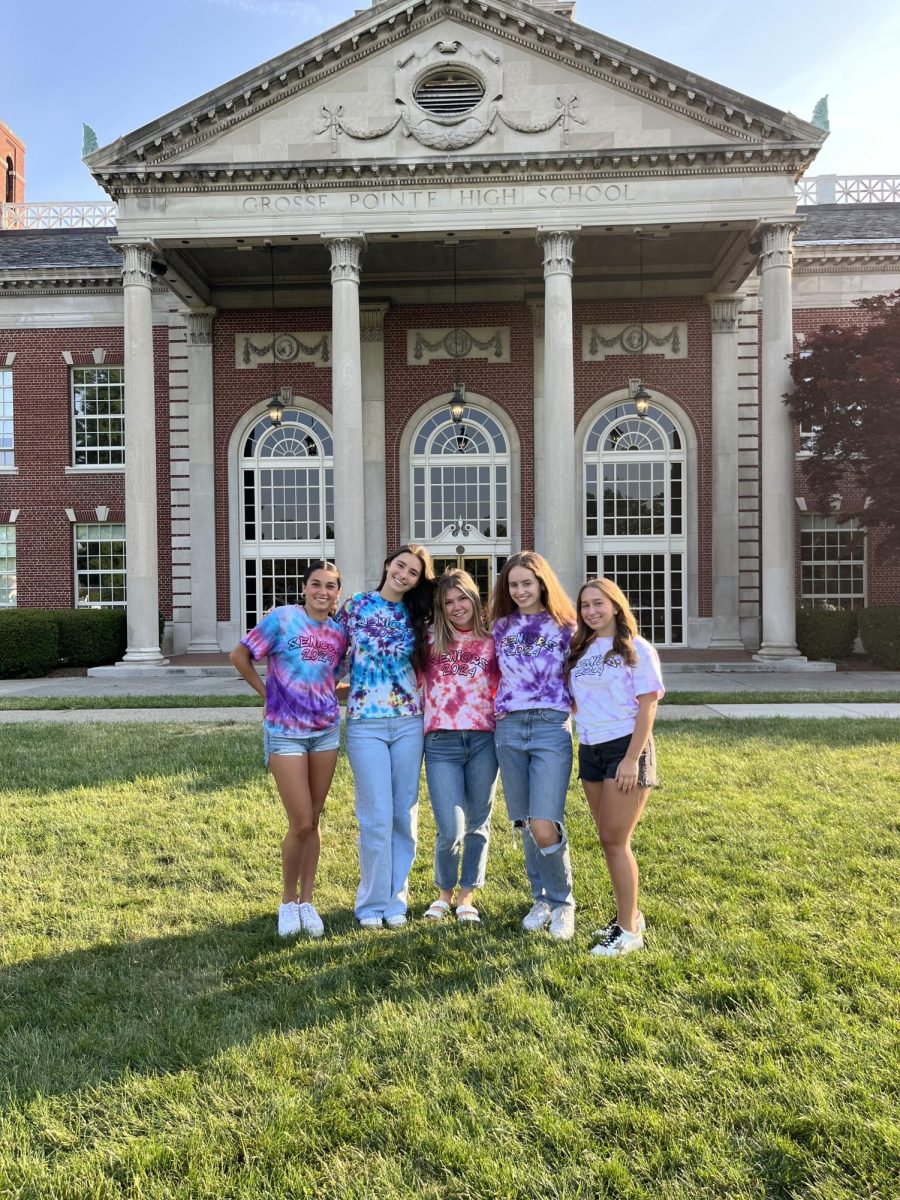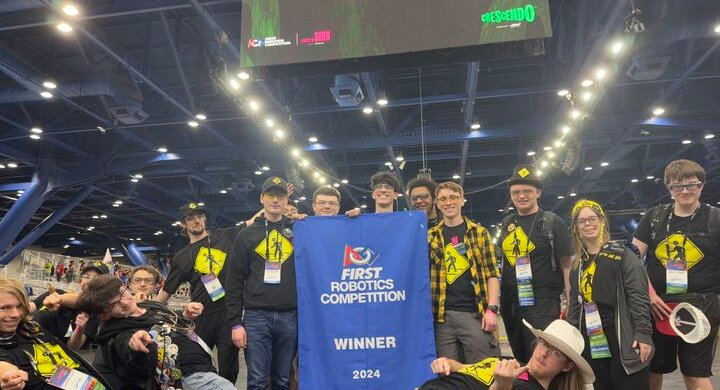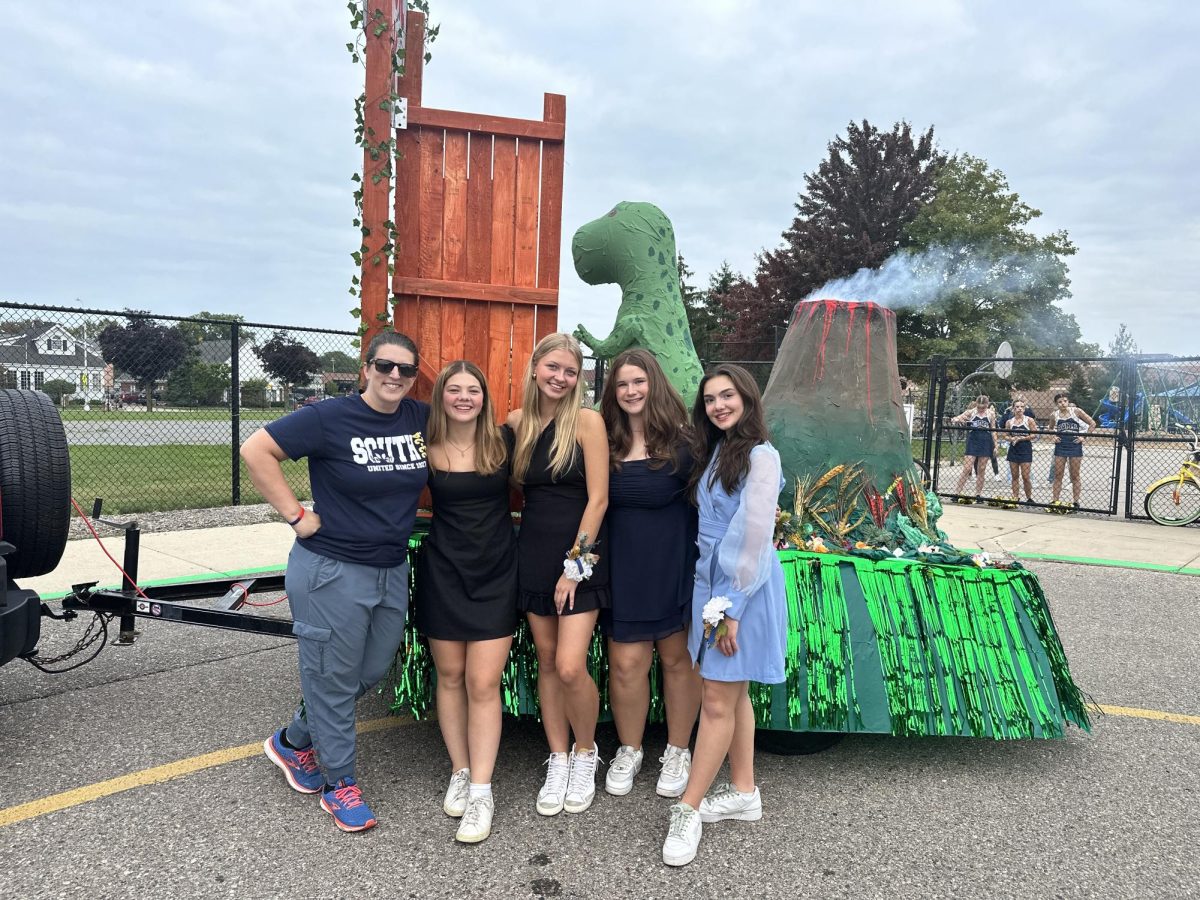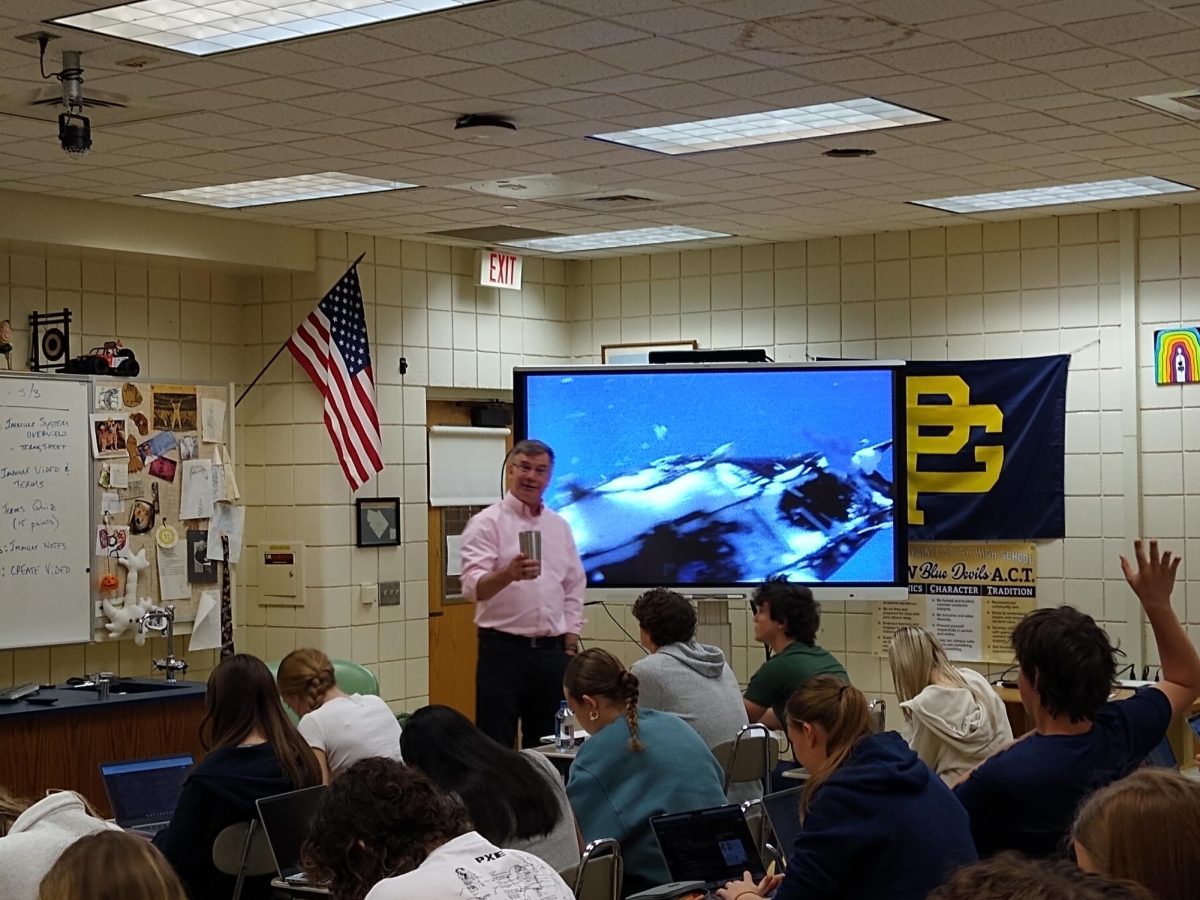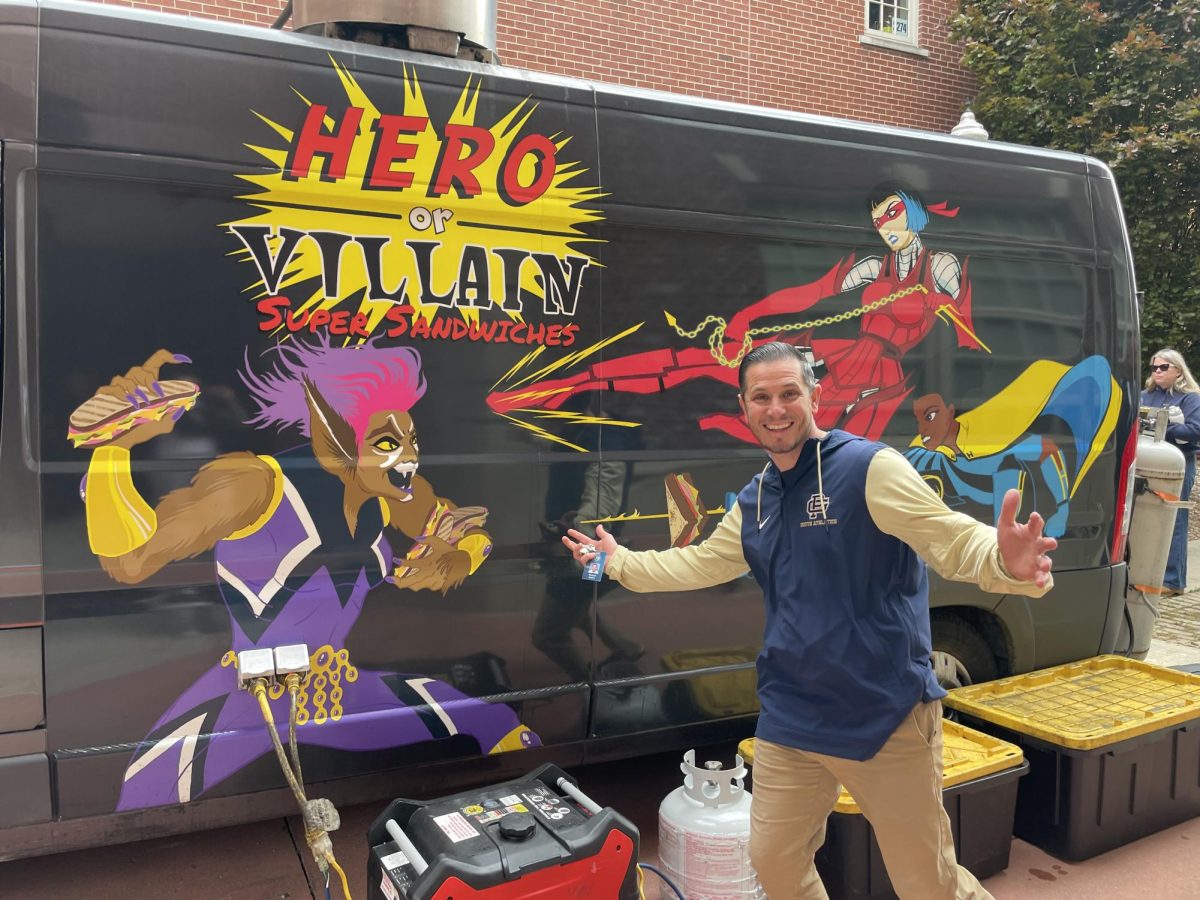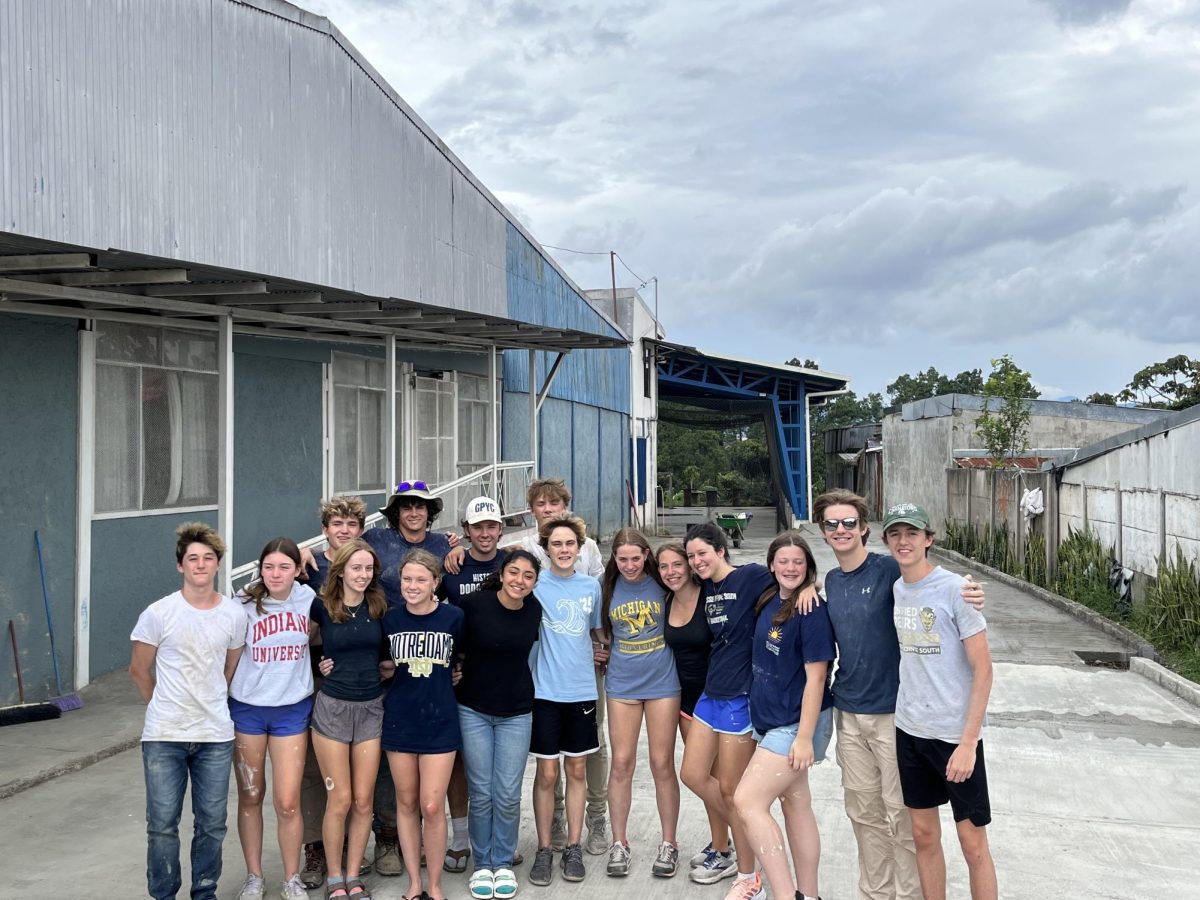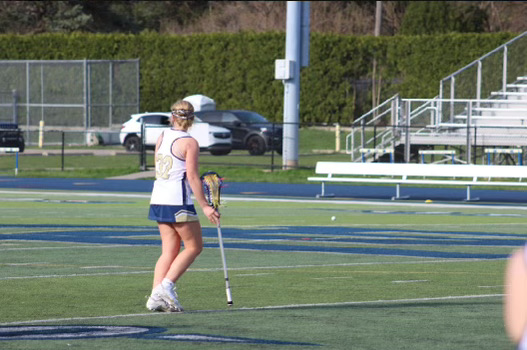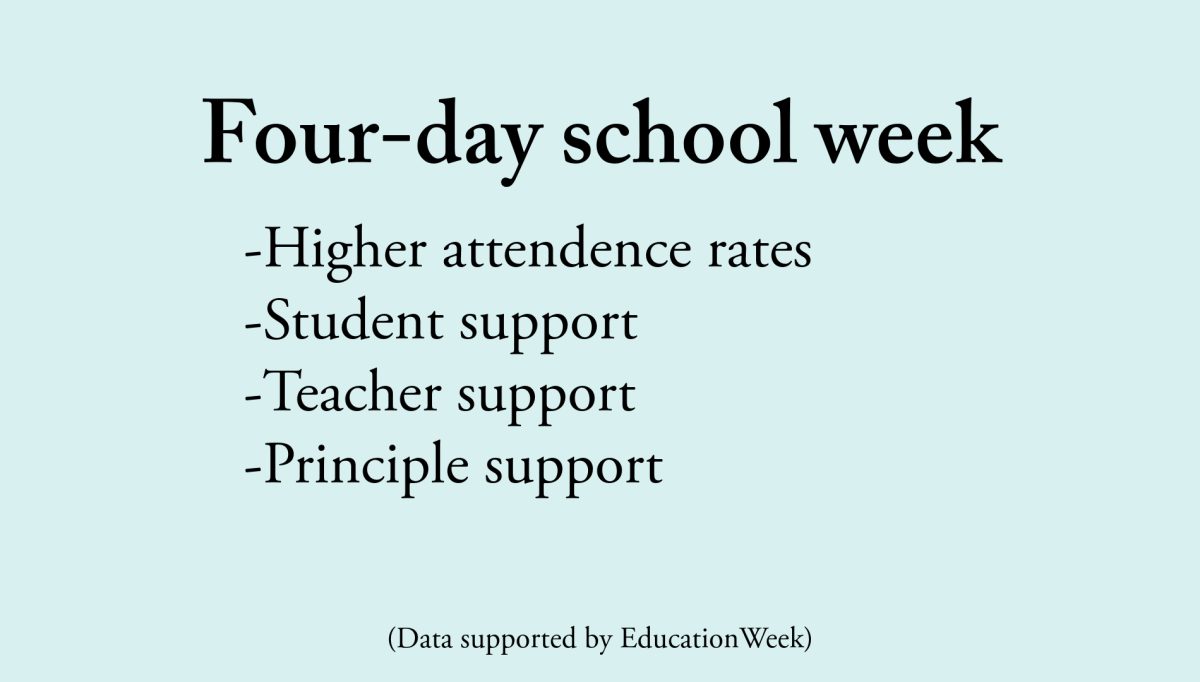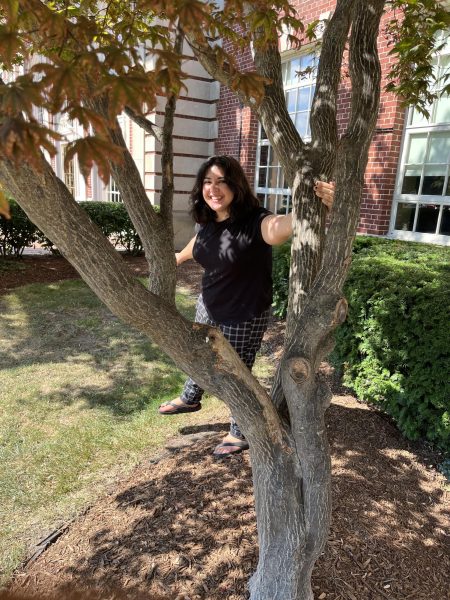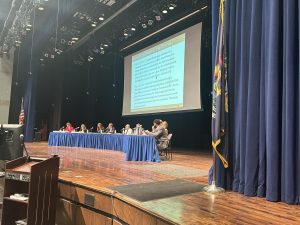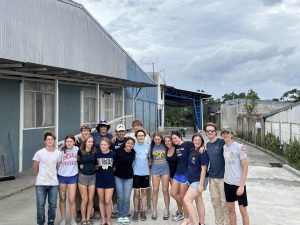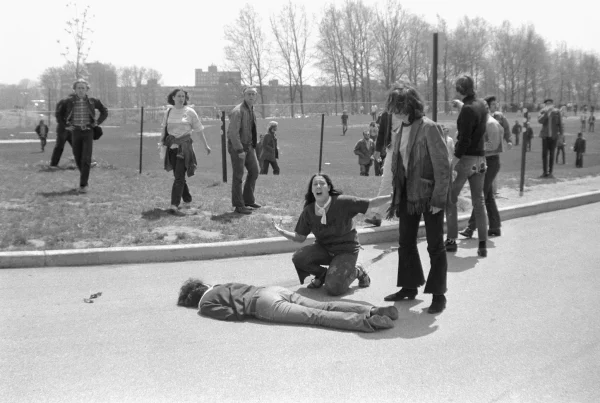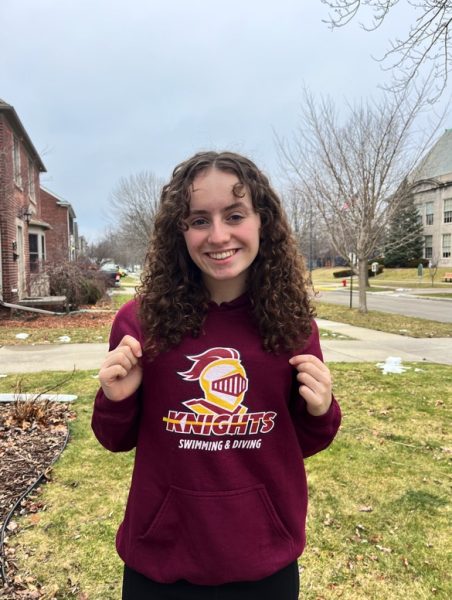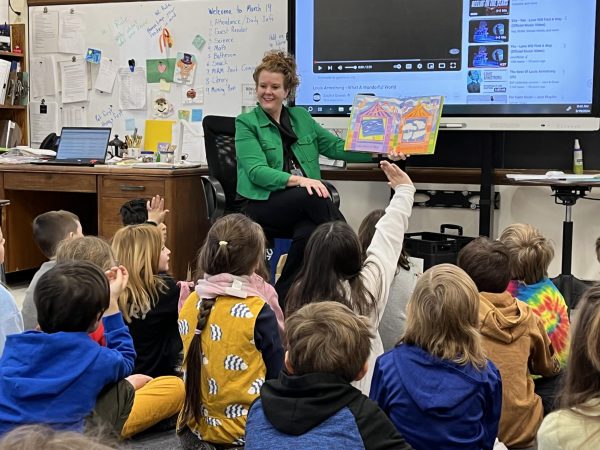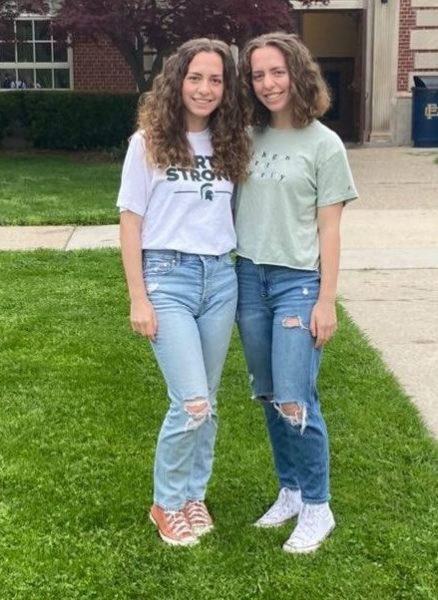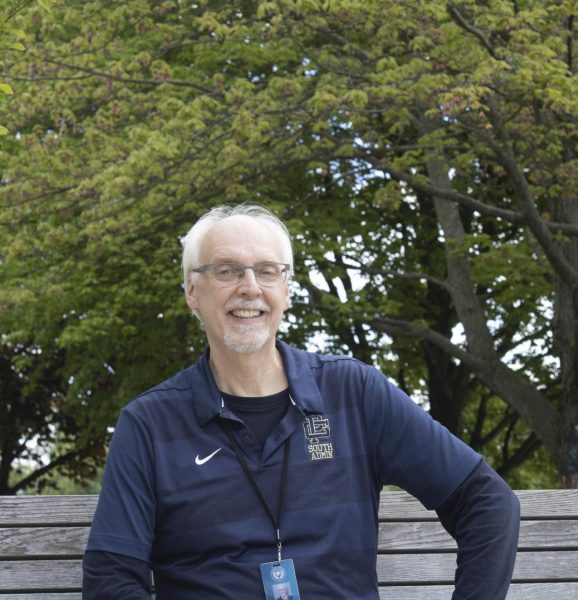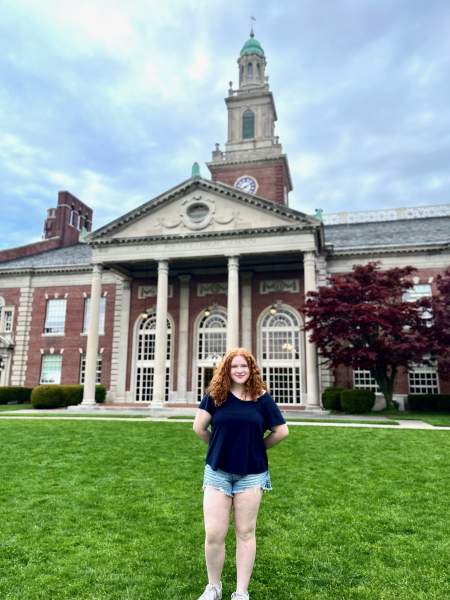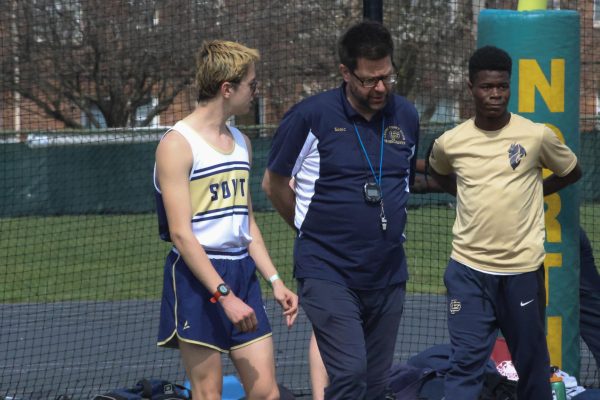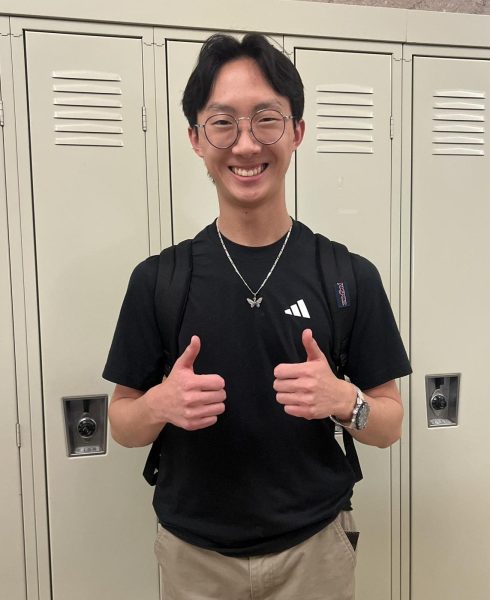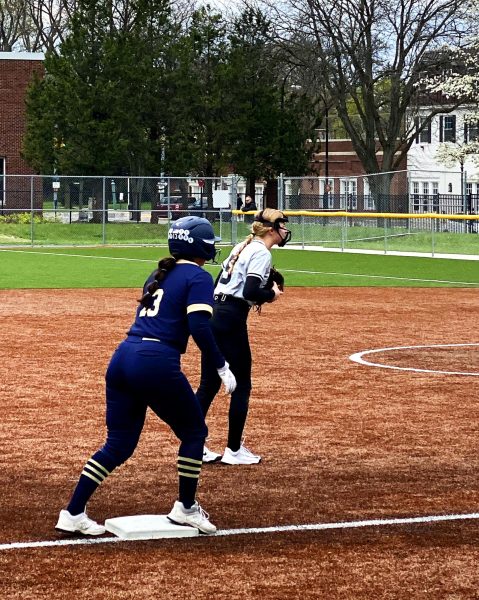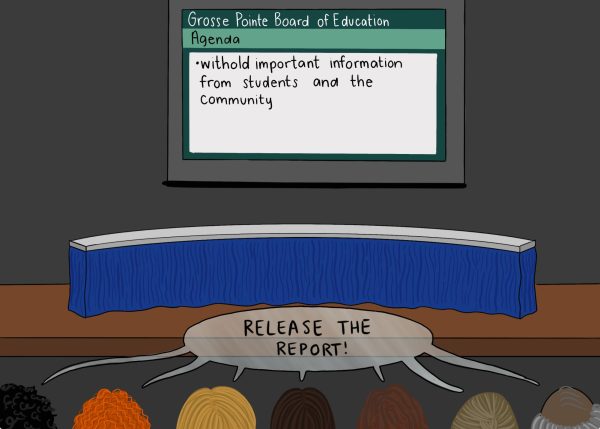School board meetings spark controversies over critical race theory
December 10, 2021

Every school district tightropes the fine line between ensuring that the voices of their community are heard and making educated decisions. In Grosse Pointe, parents can find many ways to become involved in the education of their children and the decisions surrounding them.
District board meetings have proven to amplify the voices of teachers, students, and parents within the Grosse Pointe Public School District. Current school board president, Joseph Herd, was elected mere months before March of 2020, when the catastrophe of the pandemic hit schools like a freight train. Since then, Herd and the board have had to navigate uncharted territory.
“The difference between now and when we first began was that there was no history of how to deal with COVID. So now that we’ve been through a year of remote [learning] and other steps that we’ve taken, we have a little bit better of an idea. The main thing that we try to keep in mind is that we want to keep our students face-to-face [learning],” Herd said. “ We’ve been able to take steps to do that by the air filtration systems, by vaccines that have been introduced and that weren’t there before, and by masking. Those steps have worked to the point where this year, we haven’t had to have any days off based on COVID.”
Recently, Wayne County’s masking mandate has caused sparks within many communities, including Grosse Pointe. With both anti-mask and counter protests in favor of masks both crowding the corner on Fridays, it is clear that Grosse Pointe is split on two poles. Lisa Papas, Board Trustee, introduced a proposal that suggested a loophole of sorts in Wayne County’s mask mandate. Per usual, both sides were strongly opinionated on the matter, and expressed their feelings during the board meeting on Monday, November 8th.
“I think we’ve had people who have had strong feelings on both sides of that,” Herd said. “What we’ve done is we’ve tried to pull guidance from the Wayne County Health Department. Even with that taken into account, people from the community and/or board members have the right to express differing opinions… What we try to do is to remain open to differing opinions, but to gather as much information as possible, so that we’re voting based upon the most information.”
Overall, the proposal didn’t come to fruition. Clark Hill Law Firm, which was consulted on the matter, advised remaining under the Wayne County mandate, as it was 100% legal and continues to be. The firm stated that not following this could lead to misdemeanor charges.
“This is America, and people have a right to express their opinions,” Herd said. “The final determination of what happens with that is how we vote…I think it’s only fair that all sides should be heard.”
Meanwhile, politics have been gradually infiltrating all aspects of life. Each issue has been associated with some sort of political standpoint. This has led to a dramatic increase of parental involvement. Jennifer Evans, who has worked as a president, vice president, and treasurer of the PTO, as well as being a board observer for Trombley, has watched the district’s community evolve.
“School issues used to be fairly non-partisan, once upon a time… I think in the past 5 years it’s become more divisive,” Evans said. “…I think in the past few election cycles for the board, there’s been a turn from people who are truly looking to represent everyone to people who are looking to represent a certain subset of the community, and may or may not be willing to listen to opposing viewpoints.

Being such an involved parent, Evans encourages each parent to get involved, whether that be through less consequential ways, such as working the school store, or to having your say in the direct education your child is receiving.
“It’s never a bad thing to be interested in what your kids have going on,” Evans said. “I may not agree with a lot of people, but I can respect the passion that people have, because I’ve been there, I go, I speak, I do those kinds of things. Not everyone does it, sometimes you have to be a voice for other people.”
Though Evans doesn’t always agree with every single decision Grosse Pointe makes as a school district, she is grateful to have her kids being taught here, as she didn’t grow up here.
“I couldn’t be happier with the education that my kids have received in the Grosse Pointe Schools, and the teachers that have taught them, and the staff members that have cared for them, and the principal, and the administration, and everybody that is involved,” Evans said. “I’m so happy to be here; I want to be part of this. Volunteering is not for everybody, but I think that everybody should try it one time in their child’s school career, because it really gives you that perspective.”
Another hot topic of political debate is critical race theory, a college course. The term has widened from a specific college level class to a concept that involves teaching history from a broader perspective. Though Grosse Pointe strives to teach diverse history, it does not affiliate with critical race theory, says Superintendent Jon Dean.
“Part of being a well-rounded person, and more empathetic, is seeing things through multiple lenses,” Dean said.
A common fear surrounding history being taught with a center on BIPOC experiences is the possibility that white students may feel guilty, or even prejudiced against, for the actions of their ancestors. On the other hand, without teaching history with this broad experience, we remain ignorant to the dark history of this country, and how it continually affects non-white people to this day. Lisa Papas, board trustee, strongly believes that implementing something along the lines of critical race theory would alienate students.
Critical race theory, which I might add is a theory, with no data to support that it does anything productive, demonizes one group of students to elevate another,” Papas said. “It is my opinion, that it has purposefully been injected into our education systems with money from groups that stand to gain greatly in our society by having ordinary people fight with each other.”
The other side argues that it is a necessity, and that there is a fine line to walk that ensures that white students don’t feel targeted by the class syllabus.
“It’s important that we all have a broad view of accurate history, but I don’t personally need to or should feel bad about what some white person did 100 years ago,” Dean said. “That doesn’t mean I should be proud of it. I think you can learn about other people; be empathetic to other people’s situation, but I don’t believe that automatically means that you have to feel guilty about what happened personally.”
Despite the splits Grosse Pointe has found itself falling victim to, we are still one community, bound by our humanity.
“There are some common touch points for everyone,” Herd said. “There’s not a single human being that hasn’t felt fear; there isn’t a human being who hasn’t felt happy before…I think there’s a commonality that we miss sometimes when we divide ourselves, whether it be upon political affiliations, race, etc.
Our one main focus as a community is to create a balance between teachers, students, parents, administrators, and representatives of the district in order to create the most effective and healthy educational environment for our students. Herd emphasized our ‘tradition of excellence.’ To uphold this reputation, we must continue to work hard, and most importantly, work as one.
“Although we’ve had quite a bit of controversy, I still feel very hopeful about the Grosse Pointe Public School System,” Herd said. “I think our children are receiving an excellent education overall. Of course you can always do better, and we’re striving to do so. But, I think that our best days are ahead of us.”

